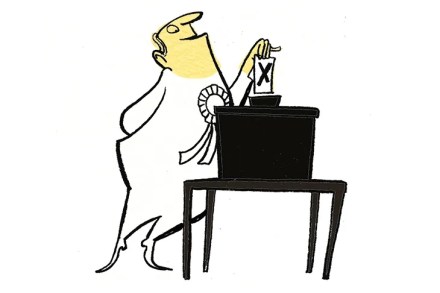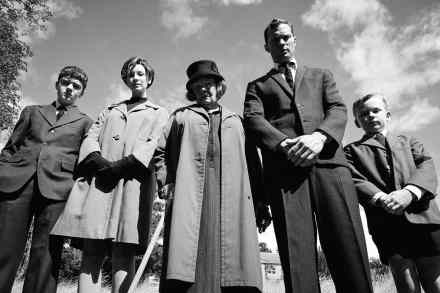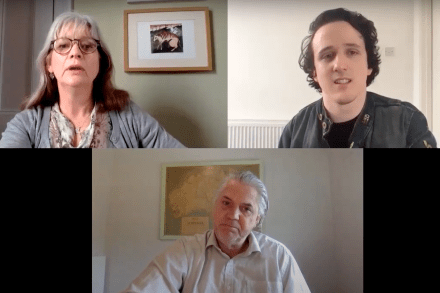I will miss my vote
I feel as if I first took part in a general election even before I was born. My father was the Liberal candidate in Tavistock in 1955 and 1959, and although I was alive only for the latter, featured reading Peter Rabbit in his election address, the two weaved into my infant consciousness. At that time, modernity had not reached rural Devon. Noticing that two neighbouring villages had extremely small Liberal clubs, my father proposed they join forces. ‘Oh no,’ he was told, ‘We were on different sides in the war.’ ‘The war?’ he replied. ‘Surely we were all against the Germans?’ ‘No, the Civil War.’ In all the nine parliamentary






